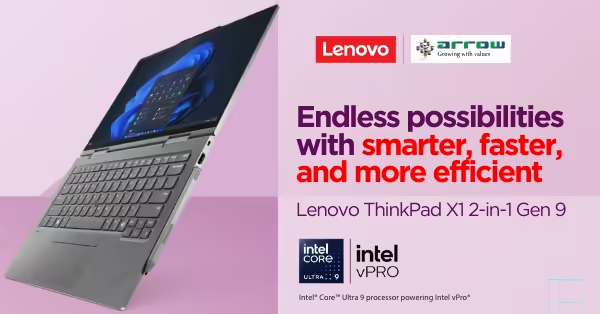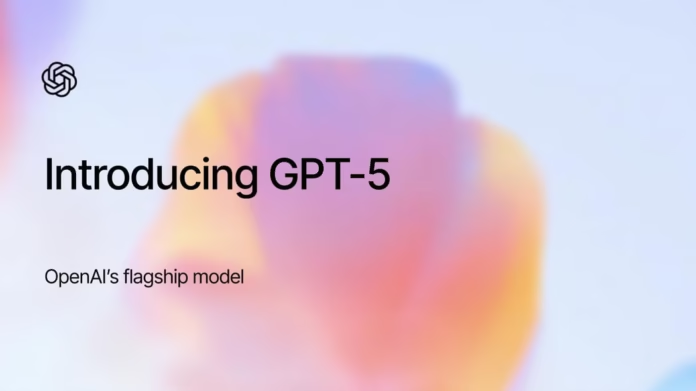In the fast-moving world of artificial intelligence, OpenAI has once again made headlines — but not for the reason some expected. While investors speculated about a potential stock market debut, CEO Sam Altman has made it clear: an IPO is not happening anytime soon.
Instead, the focus is firmly on building and refining technology, most notably with the launch of GPT-5, the company’s most advanced AI model yet.
IPO? Not Now, Says Altman

Speaking to CNBC’s Squawk Box, Altman addressed the swirling IPO chatter head-on. “It’s not a priority,” he said, explaining that the company is still navigating operational challenges and pouring massive resources into computing power and research.
“I totally get why people wish we were just a public company now,” he admitted. “But I have negative feelings about how much growth happens in private markets and how.”
Valued at up to $500 billion and backed heavily by Microsoft, OpenAI remains one of the most sought-after names in tech’s private sector. But Altman criticised the “sketchy” private market trades investors use to gain exposure to the company. He hinted that if OpenAI ever does go public, it will be at a point when there’s still “tremendous upside” left for the business.
GPT-5 Raises the Bar
While Wall Street waits, OpenAI has its eyes on a different prize — pushing AI capabilities further than ever. GPT-5, introduced alongside Altman’s remarks, promises major advancements in accuracy, efficiency, and reliability.
One of its biggest achievements is tackling the long-standing issue of “hallucinations” — incorrect or fabricated information generated by AI models. According to OpenAI, GPT-5 is far less prone to such errors and boasts significantly improved reasoning skills, outperforming many rival generative AI systems.
And in a move that could accelerate adoption, OpenAI is making GPT-5 free to use. That decision is particularly important for emerging markets where cost remains a barrier to adopting advanced AI solutions.
India: The Rising AI Powerhouse

Among those markets, India stands out. Altman revealed that India is already OpenAI’s second-largest market after the US and could soon overtake it.
“We are especially focused on bringing products to India, working with local partners to make AI work great for India and more affordable for people across the country,” he told The Economic Times.
This aligns with how leading technology service providers like Arrow PC Network approach the Indian market — by pairing innovation with accessibility.
For many companies, going public is seen as the ultimate milestone. But for a research-heavy organisation like OpenAI, it can be a risky move. IPOs bring capital — and pressure. Quarterly earnings reports, shareholder expectations, and short-term performance demands can sometimes derail long-term innovation goals.
By staying private, OpenAI maintains tighter control over its vision, product development cycles, and strategic investments. The company can continue channelling resources into breakthroughs like GPT-5 without being swayed by market volatility.
The same philosophy applies to forward-thinking IT firms in India. At Arrow PC Network, for instance, the emphasis isn’t on chasing the latest trend but on creating sustainable, future-ready solutions that can stand the test of time.
The Bigger Picture
The dual announcement — GPT-5’s launch and the decision to delay an IPO — reflects OpenAI’s calculated approach. The company is betting that rapid global adoption, particularly in markets like India, will strengthen its position far more than an immediate listing ever could.
For Indian enterprises, this moment presents a huge opportunity. With AI models like GPT-5 becoming more powerful and accessible, the potential to transform operations, enhance decision-making, and drive competitive advantage is greater than ever. Partnering with experienced IT providers such as Arrow PC Network ensures businesses can adopt these tools effectively, whether for data analysis, automation, cybersecurity, or end-user computing.
Altman’s message is simple: building the future of AI takes patience, not a rush to the stock exchange. And if India does become OpenAI’s largest market, it will be because of a perfect blend — cutting-edge AI, strategic local partnerships, and an unwavering focus on accessibility.


